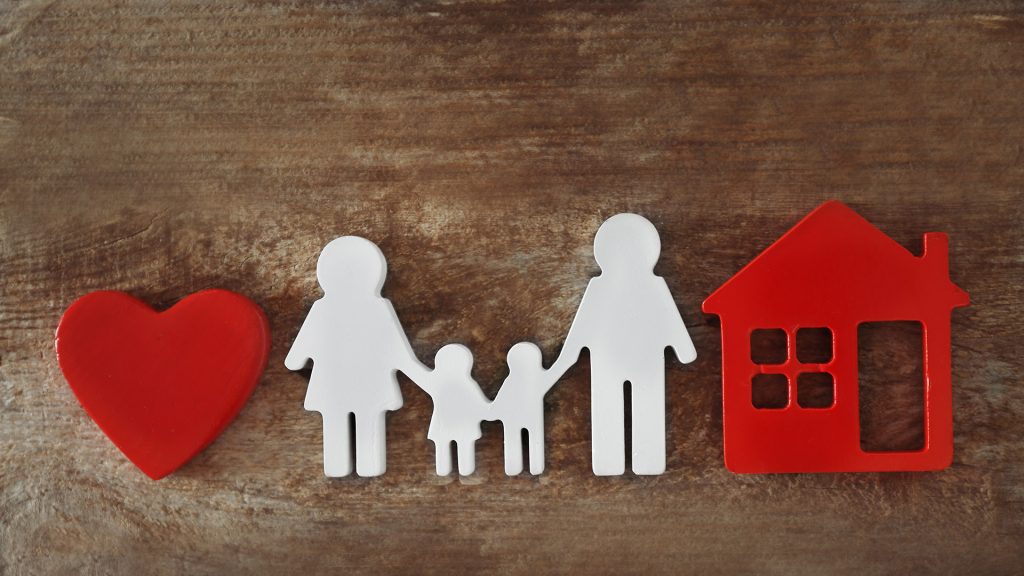
Is cleanliness a top priority for you? Most individuals strive for a hygienic lifestyle. The usual routine consists of daily baths, frequent hand washes, and brushing teeth. However, if there’s a grid failure or a calamity, or perhaps you’re contemplating a self-sufficient lifestyle, maintaining cleanliness becomes even more critical. Let’s delve into off-grid hygiene practices.
Essential Clean Water
Hygiene hinges on the availability of clean water. There’s no sidestepping the need for it. When planning water storage, factor in your hygiene requirements, including how to purify unsafe water.
Hand Hygiene
In off-grid circumstances, keeping hands clean is a top priority to fend off diseases. If nothing else, ensure your hands are sanitary!
Effective Handwashing Technique
Many, even in regular situations, don’t wash their hands properly. The CDC suggests the following steps:
- Use clean, running water (either warm or cold), turn off the tap, then use soap. (You can use alternative soaps.)
- Create a lather by rubbing hands with the soap. Make sure you cover the back of your hands, between fingers, and under nails.
- Scrub for a minimum of 20 seconds. To time it, hum the “Happy Birthday” tune twice.
- Thoroughly rinse under clean running water.
- Dry with a clean towel or air dry.
DIY Handwashing Station
If you have safe water, consider setting up a DIY handwashing station operated by a foot pump. Assemble one beforehand or have it ready-to-assemble. Example link: [provided link]
Hand Sanitizers
The effectiveness of antibacterial gels is debated. Hand sanitizers might not be as effective as soap and water, but in water-scarce situations, a sanitizer with 60% alcohol content can be handy. It primarily serves to prevent diseases, not remove dirt.
Showers and Bathing
Solar-powered showers, such as the Coleman 5 Gallon Solar Shower, can be handy if you have spare water. Hang it on a tree and let the sun heat it. But be cautious, the water can get very hot!
You can also conserve shower water by using a kiddie pool, then repurposing it for gardening or toilet flushing. Even with detergents, the water’s chemical content is generally safe for plants. Other uses include cleaning clothes. If you’ve not used detergents, boiling the water makes it potable.
Natural water sources like ponds and lakes are bathing alternatives. Just ensure you don’t ingest the water. If water becomes scarce, consider “dry” bathing methods. Adult hygiene wipes can be used for cleansing the body but might not be effective for hair.
Hair Care
For hair, consider waterless shampoos that require no rinsing.
Dental Hygiene
A clean mouth prevents several dental issues. Regular brushing and flossing are crucial, especially in an off-grid situation. Having a toothache without dental access can be debilitating. Moreover, bad oral health can lead to heart, lung issues, and even strokes.
Ensure you stock up on toothbrushes and toothpaste. If toothpaste runs out, baking soda or other alternatives can be used.
Deodorants
Natural deodorant alternatives like crystal deodorant stones or sage can be considered. Lemon juice, apple cider vinegar, and witch hazel are also effective odor controllers.
Feminine Hygiene
For women, menstruation is an unavoidable fact. Being prepared is essential. Options include tampons, pads, Diva Cups, reusable pads, and period underwear. It might be wise to stock up on a mix of these.
Is Over-cleanliness an Issue?
In post-grid situations, appearing too clean might signal others that you have essential resources. Over time, the odors we once found offensive may become normal. However, someone who smells too fresh might draw attention. Being slightly unkempt might work to your advantage in certain scenarios by keeping your supplies concealed.
A Touch of Grime is Fine!
Daily baths aren’t compulsory. Ensuring vital body parts are clean is sufficient to prevent ailments. Some dirt on your skin is harmless.

